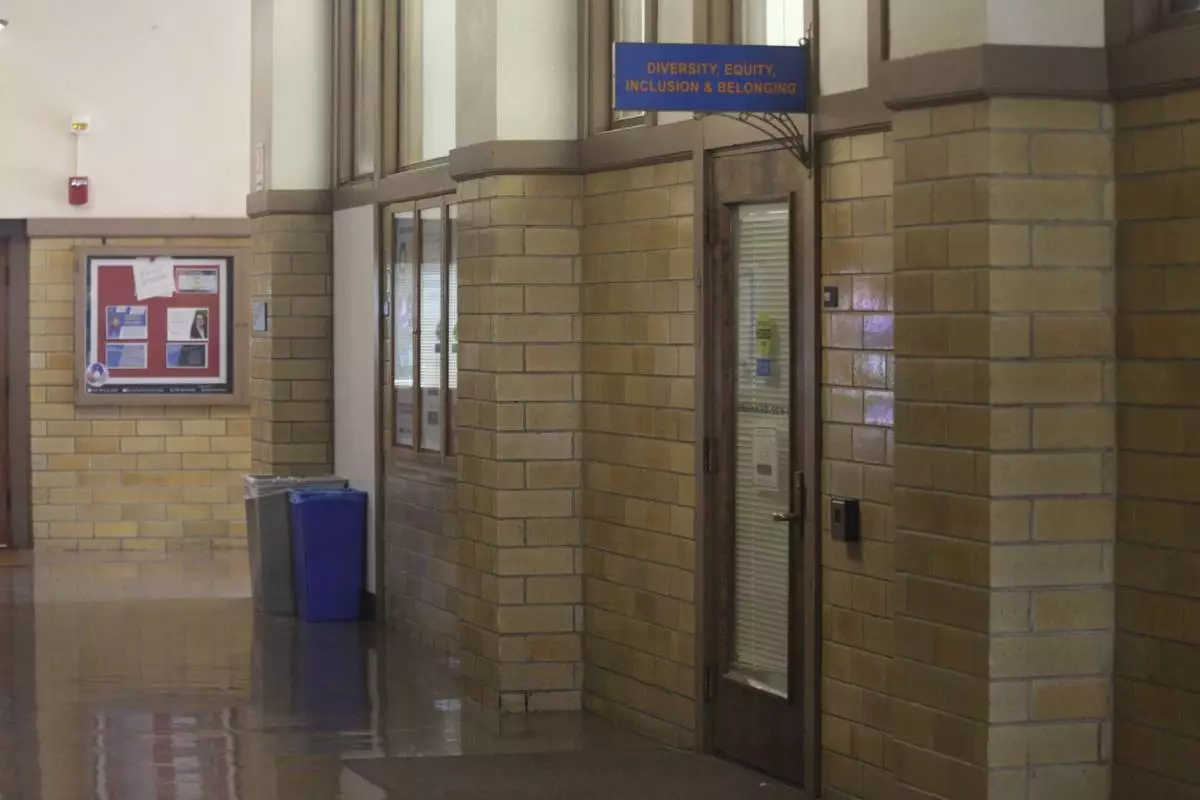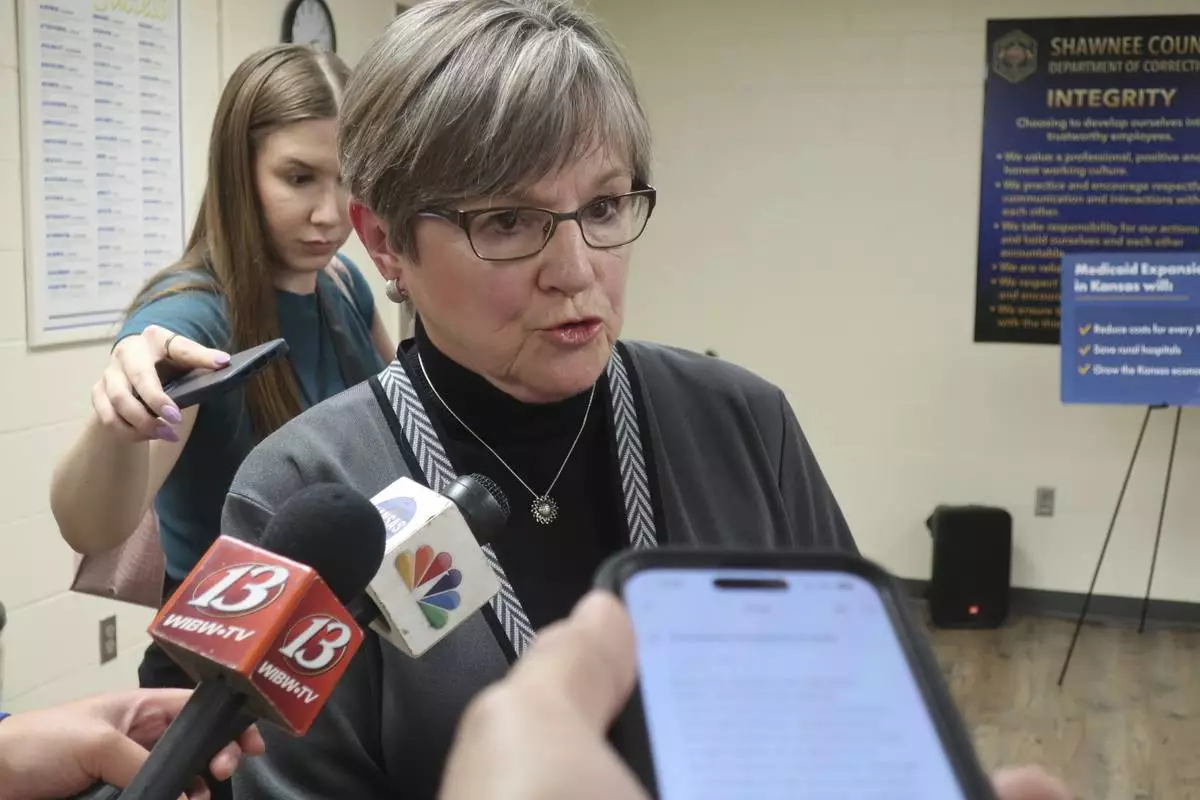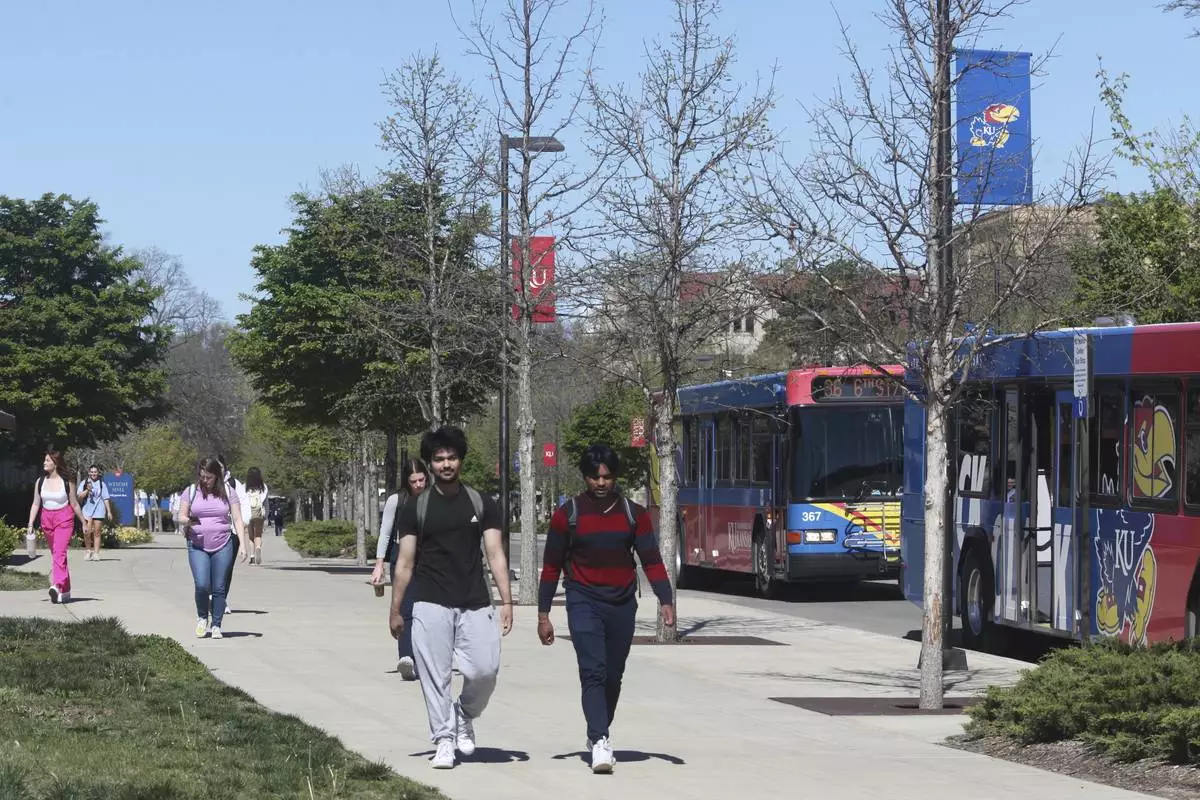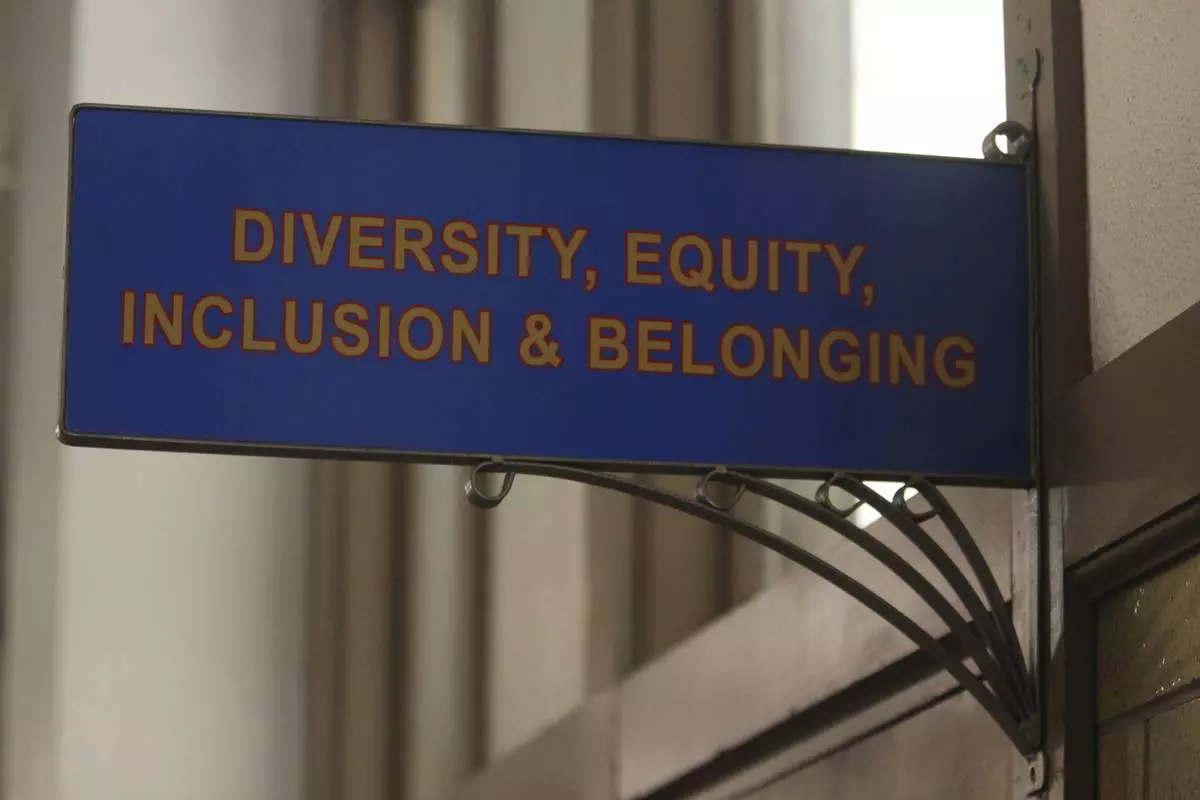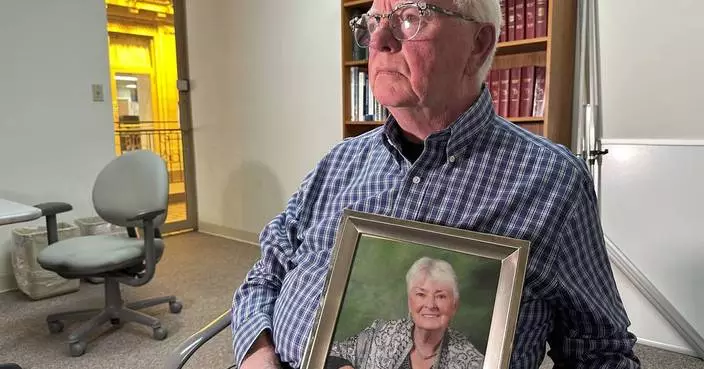The second time Norah James was struck with the infection, it was so severe that her brain filled with pus.
A mum has praised her miracle baby girl, who fought meningitis twice by the time she was five months old – once with the infection becoming so severe that her brain filled with pus.
Born half an hour after her mum Lisa James, 29, went to hospital with backache at 27 weeks pregnant, Norah James, now six months, had a dramatic entrance to the world.
But more turmoil was to come, as the infant spent her entire life in hospital – save for three weeks between bouts of meningitis – before finally being allowed home at the end of December 2018.
Speaking for the first time to help raise awareness, Lisa, a stay-at-home mum from Bury, Greater Manchester, said: “Norah never got the rash, which I always thought was a tell-tale sign of meningitis.
“Now, I want other mums and dads to know not to wait for that. If you think something is wrong with your baby, get to the doctor.
“If we had waited, we may not have been so lucky. We’re so thankful to have Norah home, though. There’s no stopping her now. She’s beaten meningitis twice – nothing can get in her way.”
Save for slightly high blood pressure, Lisa, who has three other children, Phoebe, seven, Henry, four and Edward, three, with her postman husband Trevor, 36, said she had a textbook pregnancy with Norah.
Then, at 27 weeks, in July 2018, she was struck with terrible backache.
Eventually, the pain grew so severe that, on 4 July, she decided to head to Royal Bolton Hospital with Trevor to get checked out while her parents stayed with the other children.
There, medics soon realised she was in labour and, astonishingly, just half an hour after she had arrived, she gave birth.
“I couldn’t believe it. Nobody was ready for her or had any idea she was coming,” Lisa said.
“Thankfully Trevor was with me the whole time, but calling home to tell the rest of the family I’d had the baby was very surreal.”
Once she had arrived, weighing 3lb, Norah was whisked to neonatal intensive care and hooked up to a ventilator to help her breathe.
But things soon went from bad to worse when, because her blood vessels were so fragile, she suffered a brain bleed at two days old.
This sparked a condition called hydrocephalus – a build-up of fluid on the brain.
The infamous 'rash' associated with #meningitis isn't actually meningitis at all, it's blood poisoning (sepsis) & doesn't always occur. Plus it's one of the last symptoms to present https://t.co/8AbZAQxhtO DON'T wait for it – if you suspect meningitis, seek help asap. pic.twitter.com/aRuHOMiJQQ
— Meningitis Now (@MeningitisNow) January 9, 2019
At four weeks old, she was transferred to the more specialist neonatal unit at Saint Mary’s Hospital in Manchester.
Worried that leaving the fluid could cause irreparable brain damage, doctors had no choice but to fit Norah with a shunt to help drain it away.
“At first, it seemed to be working okay,” explained Lisa. “We went back to Royal Bolton Hospital after a week and were preparing to come home for good.”
She continued: “Then, three days before we were due to be discharged in September, Norah’s shunt site began to leak.
“We were told it hadn’t stayed in place properly as her skin was still so fragile, given that she’d been born prematurely.
“The doctors were fantastic, and leapt straight into action, sending us back to Manchester for another one to be fitted.”
The day before her surgery to refit her shunt at Royal Manchester Children’s Hospital, though, Norah began showing signs of infection, including a high temperature.
Acting quickly, doctors tested some of the fluid that had been drained from her brain, and realised she had contracted staphylococcal meningitis, a rare, bacterial form of the condition affecting the protective covering around the brain and spinal cord.
Lisa added: “It was all such a shock. Meningitis had never even crossed my mind. We were meant to be coming home, we had everything ready.”
To tackle the infection, Norah was fitted with an external ventricular drain (EVD) instead of another shunt, which meant the fluid was drained away through a thin tube and collected in a bag outside her body.
She was also pumped full of antibiotics until, slowly, she began to rally.
Finally, after four-and-a-half weeks, the infection had gone.
“It had been awful to watch. I’d be travelling back and forth to Manchester every day, juggling seeing Norah with looking after the other kids whilst Terry worked,” Lisa said.
“As she was still so tiny, it was taking her longer than normal to fight off infection.
“But after four-and-a-half weeks, she was given the all clear, and could have a new shunt fitted. Then, finally, we came home.”
Sadly, the family’s glimmer of hope soon faded as, after just three weeks at home, in October 2018, Norah became unwell again, appearing lethargic and off her food.
At first, Lisa thought it may be a problem with the shunt, and so phoned Royal Manchester Children’s Hospital, who told her to come in right away.
To her horror, urgent tests showed that Norah had contracted meningitis again – this time E.coli meningitis – as well as sepsis, where the body attacks itself in response to an infection.
According to the charity Meningitis Now, E.coli is the second most common type of neonatal meningitis, and the bacteria can be carried in healthy people without causing any problems.
“We didn’t know what had caused it, but she was much more poorly this time. Her brain was filling with pus,” said Lisa. “After an MRI scan, Norah had to be taken straight down to surgery to get her shunt out.
“We were warned that, given how bad her condition was, putting her under general anaesthetic was risky, but it was the only way we could save her. There was no time to wait.”
She added: “I had to kiss my baby goodbye as she went down to theatre with no idea if I’d see her alive again. It was horrendous.
“The operation only took about 90 minutes, but it was the longest 90 minutes of my life.”
At first, Norah slept almost solidly, and needed to be fed via a tube.
But slowly, she began to come round, and though, at first, she was still incredibly unwell, her parents never lost hope.
“She didn’t want to be cuddled at all, she just wanted to sleep, but I knew that was the best thing for her to heal,” added Lisa.
Happily, on Christmas Eve, Norah was allowed home for good – much to the delight of her parents and siblings, for whom the happy news was a surprise.
Now, though she has a long road to recovery ahead, she is doing remarkably well.
Lisa has been supported by the charity Meningitis Now and is echoing their calls to parents not to wait for a rash to appear.
She hopes by speaking out, she will raise awareness of other, lesser-known symptoms such as fever, rapid breathing, a baby becoming fretful, drowsy or refusing food, and a dislike of bright lights.
“Norah is still being tube fed, and she’s not quite back to herself yet, but she’s getting there,” she said.
“She’s starting to smile at us again. I can’t believe how much she’s been through so young. She really is a miracle.”
For information, visit www.meningitisnow.org



